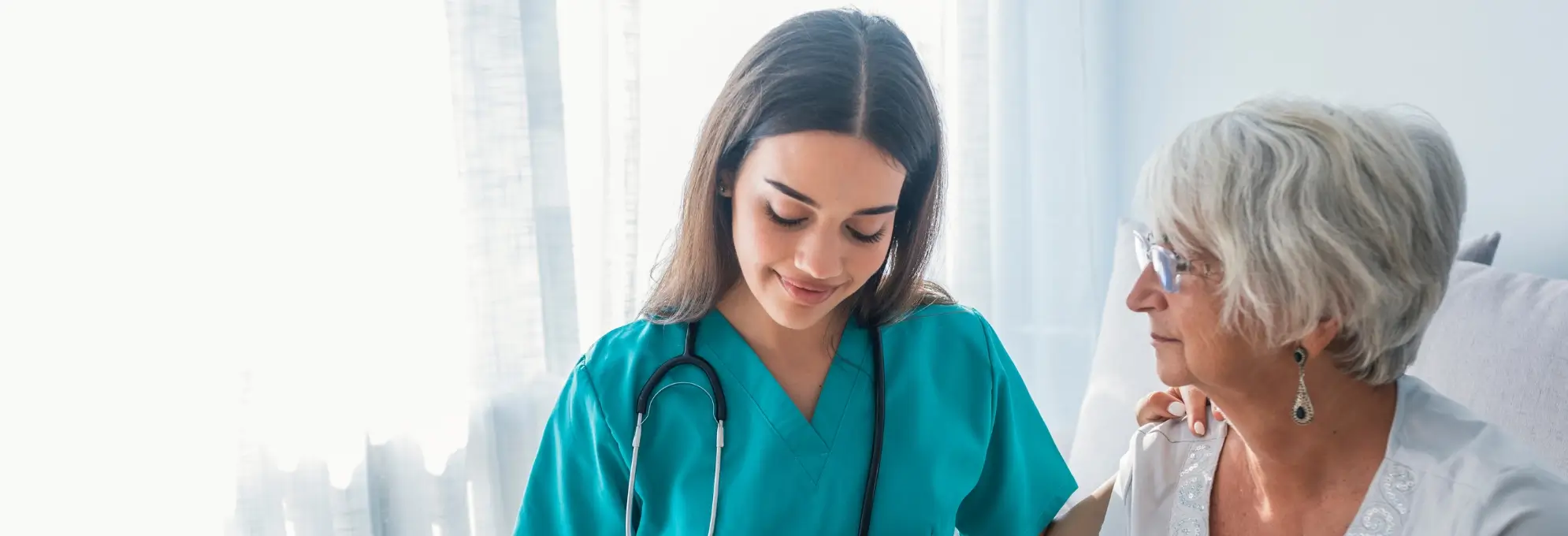AFC Memphis
Chickenpox Treatment
CALL US TODAY | (901) 254-8040
Find The Location Nearest Covid-19 Testing
We think you’re located in zip code 38119. Not Right?
Chickenpox Treatment Q and A
If you or your child has chickenpox, come to AFC Urgent Care in Memphis today to seek treatment. We are here to help you get back to normal with our chickenpox treatments. Call our clinic today for more information on available treatments or request an appointment online. Serving patients from Memphis, TN. Binghampton, Memphis, TN. Bartlett, TN. Frayser, Memphis, TN. Woodstock, TN.
Chicken pox is a common childhood illness, although adults are known to contract it, as well. It is caused by a virus known as varicella, and common symptoms are itchy blisters, fever, headache, or a dry cough. Chicken pox can only be contracted once, and the earlier it is contracted, the less dangerous it usually is.
How is Chickenpox caused?
Chickenpox, or varicella, is caused by the varicella-zoster virus, which is related to the herpes simplex virus. The infection has three stages. It starts out with little, itchy bumps. Those bumps turn into blisters filled with fluid. The final stage is the scabbing over of the bumps.
Since new bumps can appear over several days, it's possible to exhibit all three stages of the rash simultaneously.
In addition to the rash and outbreak of blisters, chickenpox can cause fever, headache, dry cough or loss of appetite.
The illness typically lasts around 5 to 10 days. People with chickenpox are contagious starting approximately a day or two before their symptoms appear, and up until all of their blisters have turned to scabs.
How long does it take for you to recover from chicken pox?
Some children who have had the vaccine will still develop a light case of chickenpox. In most cases, they recover far more quickly and have only a couple of poxes (fewer than 30). These cases are often harder to diagnose. However, these children are still infectious and can spread chickenpox to others.
In most cases, a person recovers without complications.
Once you have had chickenpox, the virus often remains dormant or asleep in your body for your lifetime. About 10% of adults will experience shingles when the virus re-emerges during a period of high stress.
What is so bad about chickenpox?
Complications from chickenpox can occur, although they are uncommon in healthy people who get the disease. People who may be at high risk for complications and may get a serious case of chickenpox and include:
- Infants
- Adolescents
- Adults
- Pregnant women
- People with weakened immune systems because of underlying conditions or medications
- Patients who have had transplants
- People on chemotherapy, immunosuppressive medications, or long-term use of steroids.
Serious complications from chickenpox include:
- Bacterial infections of the skin and soft tissues in children
- Infection of the lungs (pneumonia)
- Infection or inflammation of the brain (cerebellar ataxia, encephalitis)
- Bleeding problems (hemorrhagic complications)
- Bloodstream infections (sepsis)
- Dehydration
What measures do I need to take if I have chickenpox?
Primary care physicians generally manage most cases of chickenpox. This includes internal medicine doctors, pediatricians, nurse practitioners, family medicine doctors, and sometimes emergency medicine doctors. In complicated cases or cases at high risk for severe disease, such as pregnancy, adults, eczema, or immune deficiency, dermatologists or infectious disease specialists may become involved as consultants.
Such as severe itching, most of the treatments for chickenpox are aimed at decreasing the symptoms. A non-aspirin pain-killer like acetaminophen (Tylenol) can be used to decrease the fevers and aches. Children should NEVER be given aspirin or cold medications containing aspirin because of the risks for developing Reye's syndrome (a severe brain disease associated with liver and brain dysfunction and death). An oatmeal bath can decrease the itching associated with chickenpox, as well as soothing lotions and moisturizers such as calamine lotion. Antihistamines such as diphenhydramine (Benadryl) can also be helpful in controlling the itching. As always, discuss these treatment options with your health care practitioner to see if they are right for you.
If you or someone you know is exhibiting symptoms related to chicken pox, come to AFC Urgent Care today! Our kind and compassionate staff are experienced in treating chicken pox, and can help you find relief! Contact our office today to talk with a member of our specialist team. Visit us online or simply give us a call to book an appointment!

 How Can We Help?
How Can We Help?
- PATIENT SERVICES
- COVID-19 SERVICES
- TELECARE
- EMPLOYER RESOURCES
- PATIENT RESOURCES
- ABOUT US
AFC Urgent Care FAQs
-
Why choose AFC for Urgent Care?
With state-of-the-art centers and a professional medical team, AFC provides on-site X-rays, labs, procedures, and more!
-
What's the difference between AFC Urgent Care and emergency room services?
Urgent care is for medical conditions that require prompt attention but do not pose an immediate threat to your health or life. Here is a simple rule of thumb: if your medical issues(s) are life threatening, call 911, or go directly to a hospital emergency room. If not, an urgent care center such as AFC is an excellent alternative.
Don't wait to get the medical attention you need.
CALL US TODAY | (901) 254-8040